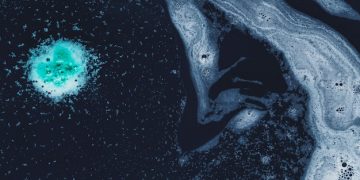
Water is essential for everyday activities like drinking, bathing, and washing, as well as for agriculture and fishing. It’s crucial for all ecosystems and human development. Access to clean water is vital for preventing diseases and enhancing quality of life. Humans rely on water for survival, and it’s also a key component in photosynthesis, making it important for crop production and the fishing industry.
Environmental degradation, particularly water pollution, is a global concern. Pollutants like hydrocarbons, phenols, and pesticides mix with water, causing significant pollution and contributing to environmental degradation. Although natural water contains impurities, contamination affects all life on Earth. Regular water quality checks are important for making informed health and environmental decisions.
A study by the United Nations Industrial Development Organization highlighted that in Metro Manila alone, vast amounts of waste, including heavy metals and solvents, are improperly disposed of each year. In the Philippines, data from the Environmental Management Bureau showed that only 47% of sampled freshwater bodies had good water quality, with 13% showing poor quality, leading to widespread waterborne diseases.
In 2017, the World Health Organization found that poor sanitation, like open pit systems, was common in Southeast Asian countries, including the Philippines. They recommended boiling water before drinking it.
Dagupan City, surrounded by seven rivers, uses these waterways for aquaculture. However, the Pantal River, a major river in the city, is contaminated and unable to support a healthy environment, posing risks to local communities and ecosystems.
This study aims to assess the current physical and chemical properties of the Pantal River and evaluate its water quality against established standards. Factors like pH and dissolved oxygen are indicators of water ecosystem health. High pollutant levels increase biological oxygen demand and total suspended solids, making water unsuitable for drinking, irrigation, and aquatic life.
The Clean Water Act emphasizes the importance of preserving water quality for public health and ecological protection. It prohibits wastewater discharge into water bodies. The Pollution Control Law also established a commission to monitor pollution levels and encourage public and organizational involvement in cleaning efforts.












































